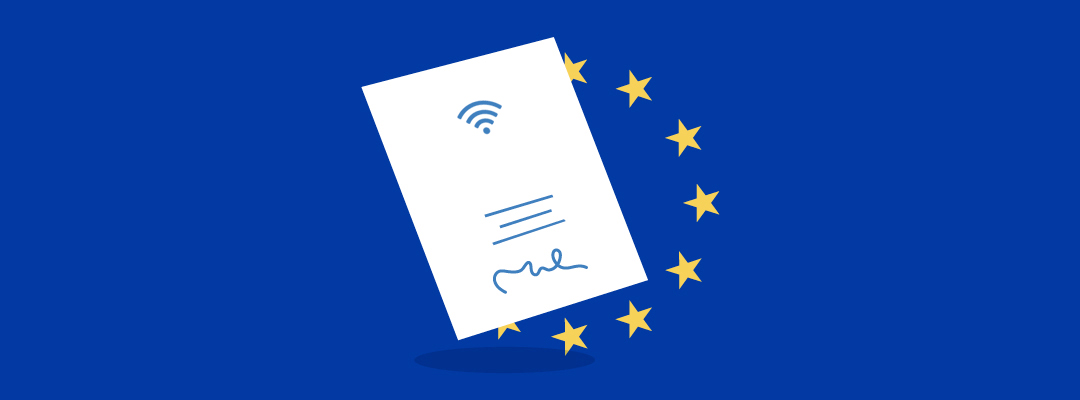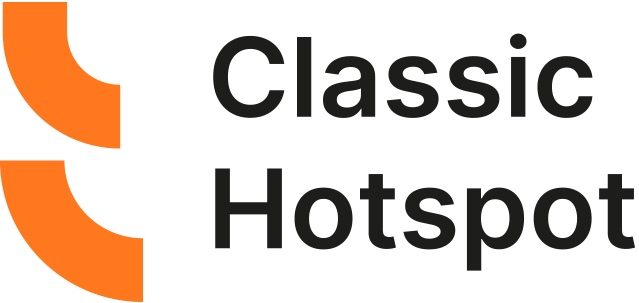The next steps of the WiFi4EU programme

After the cancellation of the first call, put out by the European Commission on May 15th, the tender for WiFi4EU – the initiative promoted by the European Union for the diffusion of free WiFi connection in public spaces – officially reopened on November 7th at 13:00 CET, and closed on November 9th at 17:00 CET. Although, three more calls will be published over the next two years, about one every six months.
>> Find out more about WiFi4EU in our previous article
The reasons behind the first WiFi4EU call cancellation
The first call was extensively popular, but due to technical issues (a flaw that allowed some municipalities to apply before the call was opened while preventing others to do the same once the call had opened), the WiFi4EU portal was closed a few hours after.
Once the call reopened, all registrations already completed were still valid and registered municipalities were able to apply again with a click of a button. Over 13,000 municipalities registered to the call in order to become eligible for the grants.
If as a municipality, you applied during the canceled call and you want to check whether your application has been kept valid, just enter the WiFi4EU portal with your own credentials.
>>Watch our free webinar about WiFi4EU
Winners’ announcement and next steps
The winners will be announced approximately six weeks after the closing of the competition; subsequently, the selected municipalities will receive an email with the request to sign a grant agreement.
Update: the list of the 2,800 municipalities that won the first call has been published on the WiFi4EU portal on December 7th. A total of 42 millions in funds have been allocated for the first call.
>>Read the official announcement and see the list of winners of the first WiFi4EU call by country.
The projects are declared to be selected on a first-come-first-served basis, as each member state will have a limited amount of vouchers (around 2,500) available to give out to deploy free wireless internet access points.
Each voucher is meant to cover the equipment and installation costs (CAPEX) of the Wi-Fi hotspots, up to a maximum of 15,000 euros: if the costs exceed this amount, the difference will be paid by the beneficiary. Other costs, such as subscriptions, maintenance, and the cost for internet connection, are on the municipality itself and cannot be covered with the European Funds.
The beneficiaries of a voucher will have a year and a half to install and operate the hotspots, selecting the public spaces that will be equipped with WiFi and contracting the equipment installation to one or more suppliers. After the hotspot deployment, the municipalities must guarantee free WiFi for at least three years. The voucher assigned to a municipality must be collected by a single supplier, and cannot be split among multiple suppliers.
Municipalities will choose their suppliers of WiFi hardware and installation services from a selected list of suppliers, which is already published on the WiFi4EU portal.
Tanaza is in this list and provides its WiFi services across all the EU member countries, through its extensive network of authorized partners.
How to apply to the next WiFi4EU calls
Even if the first call is now closed, it will be possible for municipalities to register for the upcoming ones.
Municipalities and local institutions intending to take part in this project must register on the WiFi4EU portal to be promptly informed about the timing of the request.
The application will need to be accompanied by the «proof of approval» from the legal representative of the institution, from the copy of the act with which he was nominated and his ID card.
The future of WiFi4EU
After the announced calls, the second phase of the WiFi4EU scheme (due to start in 2019) will be about making remote monitoring and seamless login available across all the deployed networks. The plan is to introduce a single authentication and authorization platform that allows users to register their credentials and seamlessly roam between WiFi4EU hotspots, without having to constantly log in or to sign up to new hotspots.
Moreover, there will be a remote monitoring system that will ensure that all networks are up and running during the 3-year period; through this platform, the Commission will be also able to remotely monitor the connectivity quality of all the WiFi4EU hotspots.
